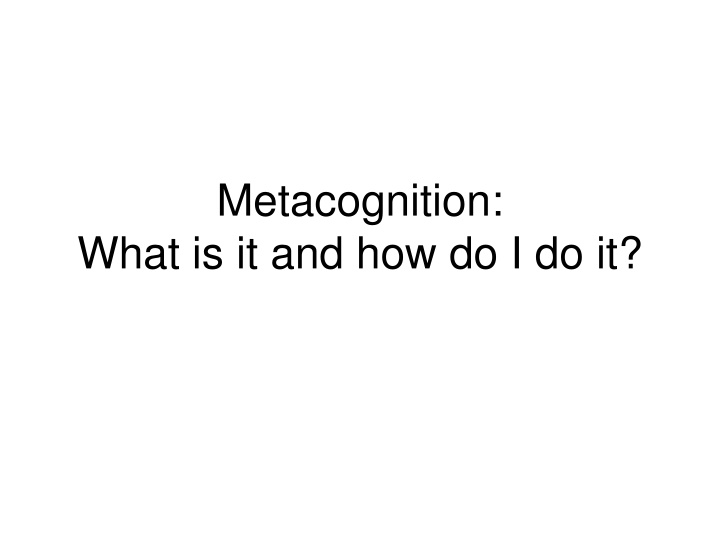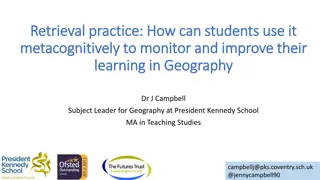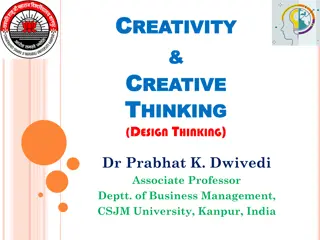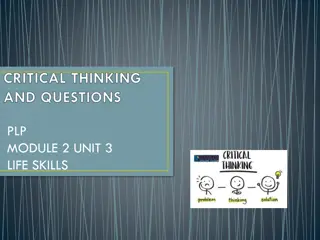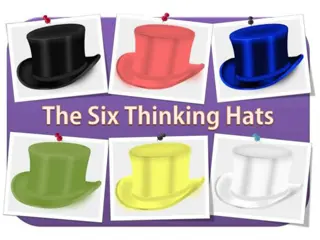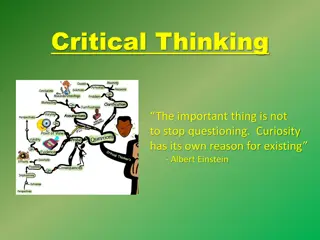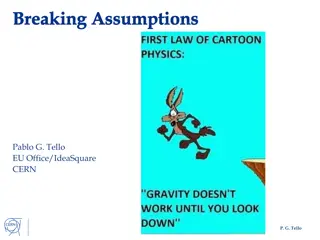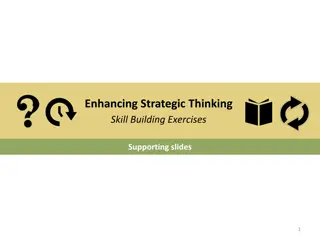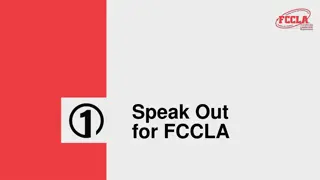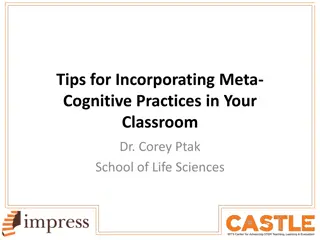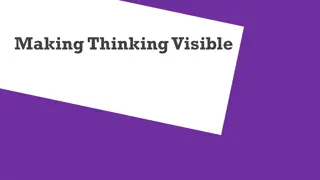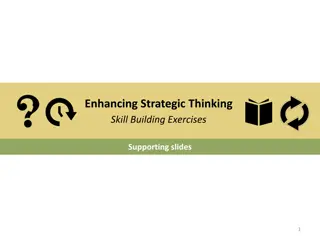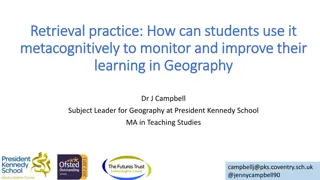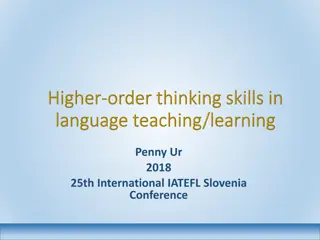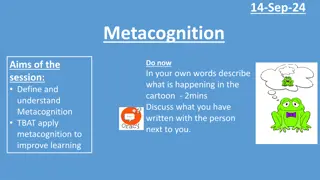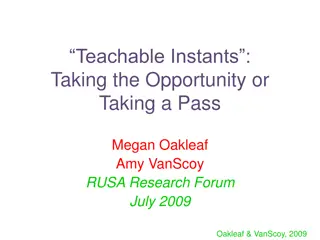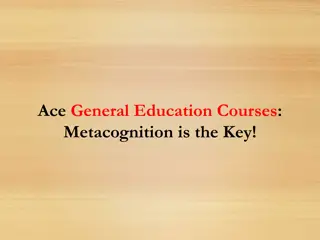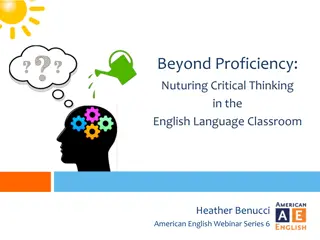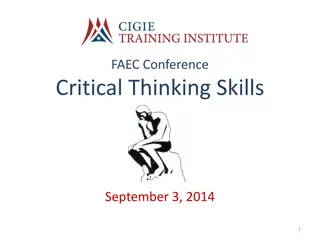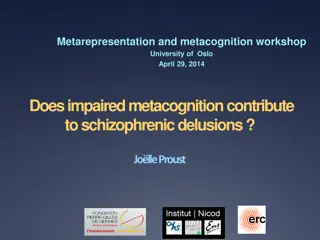Metacognition: Thinking About How We Learn
Metacognition involves thinking about our own learning process, monitoring and adjusting our strategies, and managing motivation. Supporting students' self-regulation includes creating environments that foster learning, providing opportunities for self-evaluation, and encouraging behaviors that enhance learning outcomes.
Download Presentation

Please find below an Image/Link to download the presentation.
The content on the website is provided AS IS for your information and personal use only. It may not be sold, licensed, or shared on other websites without obtaining consent from the author.If you encounter any issues during the download, it is possible that the publisher has removed the file from their server.
You are allowed to download the files provided on this website for personal or commercial use, subject to the condition that they are used lawfully. All files are the property of their respective owners.
The content on the website is provided AS IS for your information and personal use only. It may not be sold, licensed, or shared on other websites without obtaining consent from the author.
E N D
Presentation Transcript
Metacognition: What is it and how do I do it?
What does self-regulated learning mean to you?
Metacognition Thinking about thinking Learning about how people learn Developing an awareness of one s own learning process Monitoring and assessing one s own learning Making adjustments to one s learning process Managing one s motivation and attitudes
What can you do to support students self-regulation of their learning? Provide opportunities for students to self- evaluate their own learning Create an environment that fosters learning how to learn Encourage behaviors that foster learning to learn Great! Um how?
Opportunities for students to self- evaluate their learning Low effort (class/activity-level): Think-Pair-Share Retrieval practice Moderate effort (activity/unit-level): Reflective Prompts Exam Wrappers Committed effort (course level): Learning journal
Creating an environment that fosters learning to learn Reward effort over ability (allow for revisions) Encourage self-comparison over social comparison (use exam wrappers) Model and provide graphic organizers and other organizational structures Be explicit: spend time discussing how these activities help them learn
Encourage behaviors that foster learning to learn Encourage questioning and help-seeking Frequent use of think-pair-share Frequent use of reflective questions Encourage goal-setting Proximal: exam or module wrappers Distal: classroom journals Be explicit: spend time discussing how these activities help them learn
What could you do in a Large lecture course? Lab section? Seminar?
